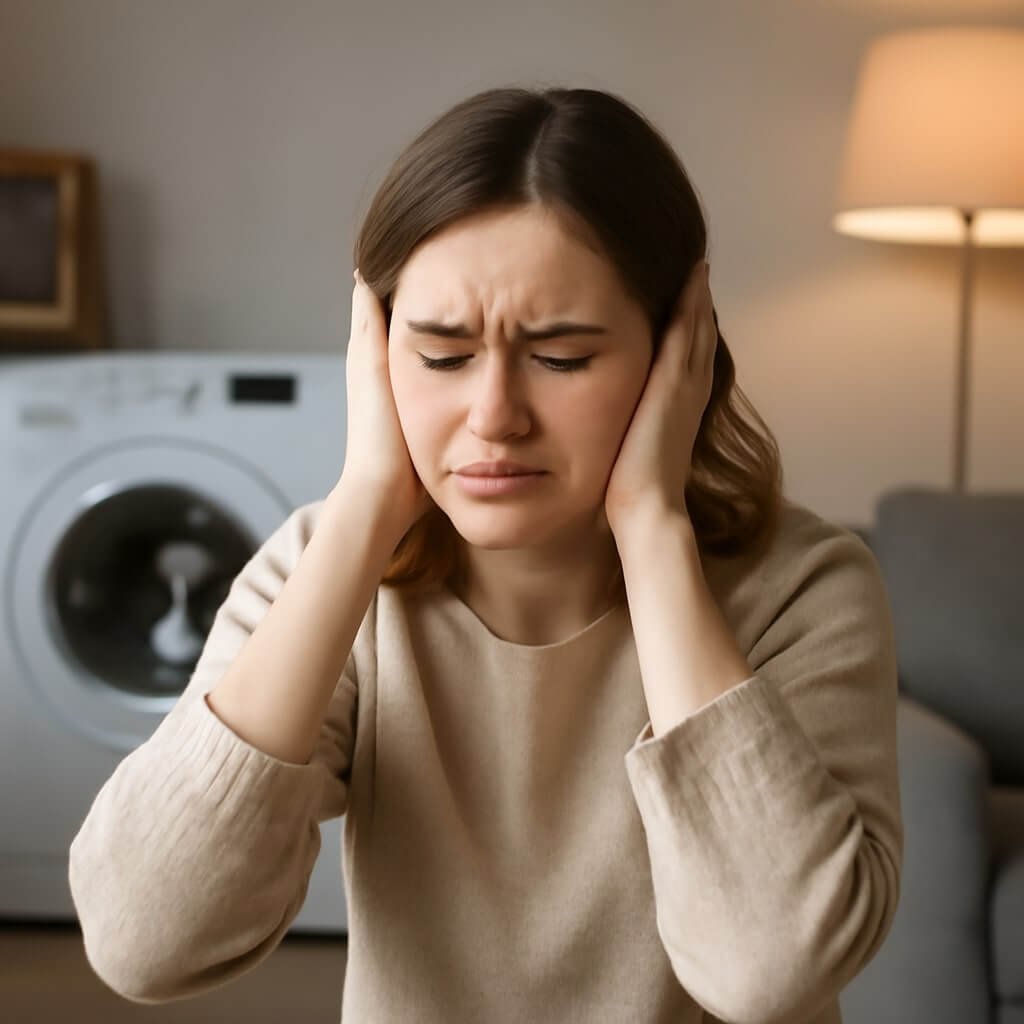Ammonia is a strong, pungent chemical that can be alarming when its smell invades your home. If you’re wondering, “Why does my house smell like ammonia?”, you’re not alone. This odour can come from various sources, some harmless and others signalling more serious issues. Understanding what causes this smell and how to eliminate it is key to maintaining a healthy and comfortable living space.
Understanding the Ammonia Smell in Your Home
Before diving into the causes, it’s essential to grasp what ammonia is and why its smell stands out so much.
What Is Ammonia?
Ammonia (NH3) is a colourless gas with a sharp, distinctive smell. It occurs naturally in small amounts but is also widely used in household cleaners, fertilisers, and industrial processes. Its strong scent is often associated with cleaning products, but when detected indoors without any cleaning in use, it signals that something else may be going on.
How Ammonia Smell Affects Indoor Air Quality
The ammonia odor can irritate your nose, throat, and eyes. High levels might cause headaches, nausea, or respiratory issues, especially for children, elderly individuals, or those with pre-existing health conditions. That’s why identifying and addressing the source of the smell promptly is important for your home’s air quality and your family’s well-being.
Common Causes of Ammonia Smell in Houses
Several common culprits can cause that unpleasant ammonia smell inside your home. Let’s break them down.
Urine and Pet Accidents
One of the most common sources is pet urine. When urine breaks down, it releases ammonia, which can linger on carpets, furniture, and floors. If pets frequently have accidents inside, the smell can become overwhelming and difficult to remove.
Mold and Mildew Growth
Certain moulds and mildews can produce odours resembling ammonia. Damp areas like basements, bathrooms, or behind walls are breeding grounds for fungal growth, which not only causes a smell but can also threaten your health.
Dirty HVAC Systems
Heating, ventilation, and air conditioning (HVAC) systems that aren’t cleaned regularly can accumulate dust, mould, and even animal droppings, circulating ammonia-like odours throughout your home.
Sewer and Plumbing Issues
Leaks, clogged drains, or damaged sewer lines may release gases that smell similar to ammonia. Sewer gases contain ammonia among other harmful substances, so plumbing problems should never be ignored.
Cleaning Products and Chemicals
Household chemicals, especially ammonia-based cleaners, can leave residual smells. If used in excess or stored improperly, these odours can persist and become overwhelming.
Less Common Sources of Ammonia Odour
Sometimes, the source of the ammonia smell is more unexpected.
Dead Rodents or Pests
When rodents or pests die within walls, under floors, or in hidden spaces, their decomposition can produce ammonia-like odours as tissues break down.
Refrigerator or Food Spoilage
Spoiled foods, especially proteins like meat or dairy, can emit strong ammonia smells as bacteria break down organic matter.
Water Contamination
If your water supply contains elevated ammonia levels, it can impart a distinct smell to taps or water-using appliances.
Nearby Industrial or Agricultural Sources
External sources like farms using ammonia-based fertilizers or nearby factories may send odors into your home, particularly if windows are open or ventilation is poor.
How to Identify the Source of Ammonia Smell
Pinpointing where the ammonia odour is coming from can be tricky, but following these steps helps.
Using Your Senses and Tools
Walk through your home with your nose and note where the smell is strongest. Check common problem areas like carpets, plumbing, HVAC vents, and pet zones. Ammonia detectors can also aid in locating gas leaks or concentrations.
When to Call Professionals
If you suspect sewer gas, chemical leaks, or can’t locate the odor source, contact experts such as plumbers, HVAC technicians, or environmental inspectors to avoid health risks.
Effective Solutions to Remove Ammonia Smell
Once you know the cause, you can tackle it efficiently.
Cleaning and Disinfecting
Thoroughly clean pet accidents with enzymatic cleaners designed to break down urine molecules. Use mould removers for mildew and regularly clean HVAC filters and ducts.
Repairing Plumbing and HVAC Systems
Fix leaks, unclog drains, and maintain HVAC equipment regularly to stop odours at their source.
Using Natural Deodorisers and Air Purifiers
Baking soda, activated charcoal, and vinegar can neutralise odours naturally. Air purifiers with HEPA filters improve indoor air quality by capturing particles and odours.
Preventing Ammonia Smell in Your Home
To keep your home smelling fresh long-term, adopt these habits:
Regular Maintenance and Cleaning
Set a routine for cleaning floors, upholstery, HVAC systems, and plumbing inspections.
Proper Pet Care and Hygiene
Clean pet areas frequently and train pets to avoid indoor accidents.
Monitoring Humidity and Mould Control
Use dehumidifiers and ensure good ventilation in moisture-prone areas to prevent mould growth.
Frequently Asked Questions (FAQs)
Can ammonia smell come from a gas leak?
While natural gas is odourless, gas companies add a sulphur-like scent to detect leaks. Ammonia smell usually comes from other sources like plumbing or chemicals, not gas leaks.
Is ammonia smell dangerous indoors?
Low-level exposure might cause irritation, but prolonged or high concentrations can be harmful, especially for sensitive individuals.
How can I remove the pet urine ammonia smell permanently?
Use enzymatic cleaners and ensure the area is thoroughly dried. Regular cleaning and training your pets can prevent reoccurrence.
Can mould smell like ammonia?
Yes, some moulds produce a sharp odour similar to ammonia, especially in damp environments.
How often should HVAC systems be cleaned to prevent odours?
At least annually, but homes with pets or high humidity may require more frequent cleaning.
When should I call a professional for ammonia smell issues?
If the odour persists despite cleaning or you suspect plumbing, sewer, or chemical leaks, it’s best to get expert help immediately.
Conclusion
In conclusion, the question “Why does my house smell like ammonia?” can have multiple answers ranging from simple pet accidents to serious plumbing issues. Identifying the source is vital to restoring your home’s air quality and ensuring a safe living environment. Regular maintenance, proper cleaning, and timely professional assistance can keep your home smelling fresh and healthy.













